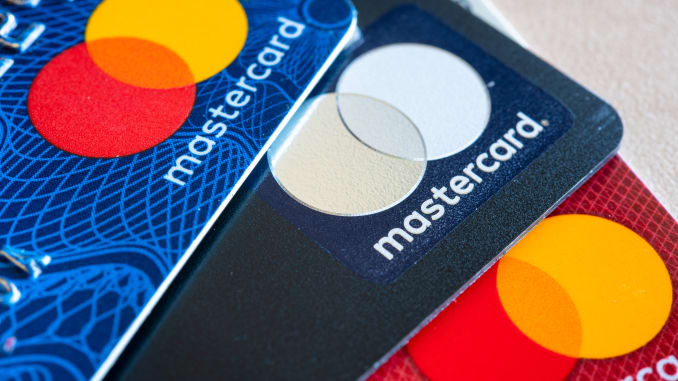
Five firms fined total of £33m for agreeing not to compete with each other for local council business.
The Payment Systems Regulator (PSR) has imposed fines against Mastercard, allpay, Advanced Payment Solutions (APS), Prepaid Financial Services (PFS) and Sulion after concluding that the five parties infringed competition law by agreeing not to compete or poach each other’s customers in the prepaid cards market in Great Britain, according to a press release.
The pre-paid cards in question were used by local authorities to distribute welfare payments to vulnerable members of society, such as the homeless, victims of domestic violence and asylum seekers.
This decision concludes the PSR’s investigation that was opened in October 2017 following a complaint made by allpay about one of the infringements. In February 2018, the PSR carried out unannounced searches at the premises of some of the parties. The PSR announced its provisional findings in this case in March 2021. During the course of the investigation, all parties settled and admitted breaking the law.
In its infringement decision issued today, the PSR has imposed fines totalling more than £33 million for each party’s participation in the illegal conduct. The fines for each company include: Mastercard: £31,560,062; PFS: £916,746; allpay: £28,553; APS: £755,419 and Sulion: £572. (1&2)
Chris Hemsley, Managing Director of the Payment Systems Regulator, commented:
“This investigation and the significant fines we have imposed send a clear message that the PSR has zero tolerance for cartel behaviour. We will intervene and enforce the law strictly to ensure there is effective competition in payments markets. This case is particularly serious because the illegal cartel behaviour meant there was less competition and choice for local authorities. This means they may have missed out on cheaper or better-quality products which were used by some of the most vulnerable in society.”
What the PSR found in its decision
In its decision(10), the PSR found there were two market sharing cartels in the prepaid cards market in violation of the Competition Act 1998(11).
. The first cartel involved all five parties and lasted from 2012 to 2018 (although some parties participated in the infringement for a shorter period of time)
. The second cartel involved APS and PFS and lasted two years (between 2014 and 2016).
The first cartel developed against the backdrop of the National Prepaid Cards Network (Network). The Network brought together public sector bodies (such as local authorities, housing associations etc.) that were potentially interested in prepaid cards and Mastercard programme managers (PMs). Mastercard sponsored and, other than for a short period in 2016, wholly funded the Network.
In the context of the Network, the five parties arranged for the Network PMs (allpay, APS, PFS) not to target or poach each other’s public sector customers that were either already in contract with another Network PM or were being provided services through a pilot programme by another Network PM. In the early days of the Network, the parties also colluded to exclusively allocate between each of the Network PMs potential new public sector customer contacts obtained from Network promotional events.
The second cartel involved a separate arrangement between APS and PFS not to target each other’s public sector customers when a contract was up for renewal, including through a public tender.
__________
1) The fines are in accordance with the settlements agreed with the PSR. In calculating fines, which can reach up to 10% of an undertaking’s worldwide turnover, the PSR takes into account a number of factors including seriousness and duration of the infringement, turnover in the relevant market, any mitigating and/or aggravating factors, deterrence and the proportionality of the penalty relative to each company’s individual circumstances. PFS received a reduction under leniency arrangements and the parties were also each handed reduced fines as settling parties (see Note 2). Sulion’s fine would have been higher but was reduced to ensure that it did not exceed 10% of its worldwide turnover, which is the statutory maximum that the PSR can impose for an infringement of competition law. Differences in fines should not be taken to indicate relative culpability.
2) In return for settlement, the PSR applied a discount to the penalty that would otherwise have been imposed. The settlement discount was 20% for allpay, PFS and Mastercard, reflecting that settlement with these parties was reached before the issuing of the SO on 31 March 2021 and 10% for APS and Sulion, reflecting that those parties agreed to settle after the SO had been issued.
Banking 4.0 – „how was the experience for you”
„To be honest I think that Sinaia, your conference, is much better then Davos.”
Many more interesting quotes in the video below: